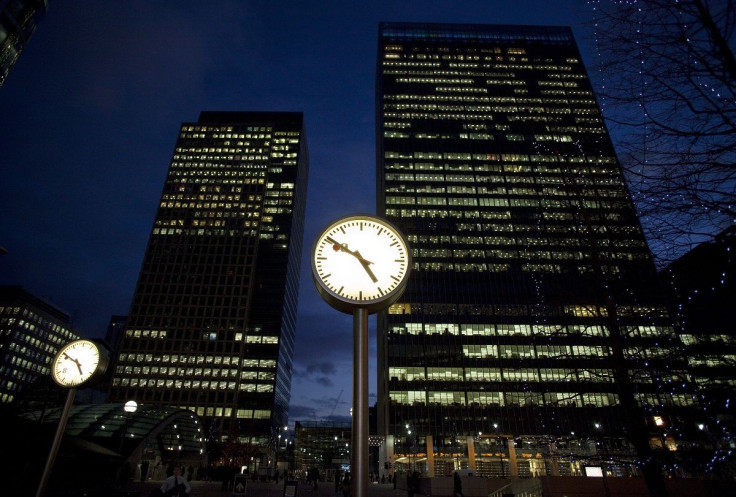Night Shift Work Triples the Risk of Prostate Cancer in Men

Working night shifts raises the risk of men developing prostate cancer by almost three times compared to working only day shifts, according to a new study.
Men who work night shifts are also at a significantly greater risk of a variety of other types of cancer like bowel, bladder and lung tumors.
The latest findings by a team of researchers at the University of Quebec are the first to highlight the full effects of night shifts on men's health.
While previous studies have found a link between cancer and working night shifts, most research has focused on the higher incidence of breast cancer in women working nights, and comprised mostly of participants who were nurses.
However, the latest investigation finds that men are affected in the same way as women, and that the effects of working at night are seen in a variety of cancers, not just breast cancer.
Researchers said that night shifts may harm the body through the suppression of the hormone melatonin, which is produced by the brain's pineal gland in the brain to help regulate sleep and wake cycles.
When it's dark, more melatonin is produced to help induce sleep, and production usually peaks during the middle of the night.
Investigators believe that the exposure to night-time light disrupts melatonin production and sets in motion a chain of events inside the body that could encourage tumor growth and development.
The latest study, published in the American Journal of Epidemiology, consisted of 3,137 men who had been diagnosed with cancer and 500 men without the disease.
Researchers analyzed how many of the men had regularly worked nights and compared the working patterns in male cancer patients to the working patterns of the control group.
They found that men who had regularly worked night shifts had almost triple the risk of developing prostate cancer and double the risk of bowel cancer. Investigators also found that night shifts increase the risk of lung cancer by 76 percent and bladder cancer by 70 percent.
"Several studies have assessed the possible association between night work, particularly among nurses, and breast cancer. But little evidence has been accrued regarding cancer at other sites, or among males," researchers wrote.
"The observation here of elevated risks for several other types of cancer is novel," they added. "One thing is certain - if our findings are valid, it would signal an important systemic (affecting the whole body) tumor hazard."
Prostate cancer is the second most common cancer among males and the sixth leading cause of cancer deaths globally among men, according to the latest statistics from the World Health Organization. The rate of prostate cancer varies significantly around the world. Prostate cancer is less prevalent in South and East Asia than in Europe and is more common in the United States of American compared to Europe.
The National Cancer Institute estimates that there will be 241,740 new cases of prostate cancer and 28,170 deaths from prostate cancer in the U.S. in 2012.



























